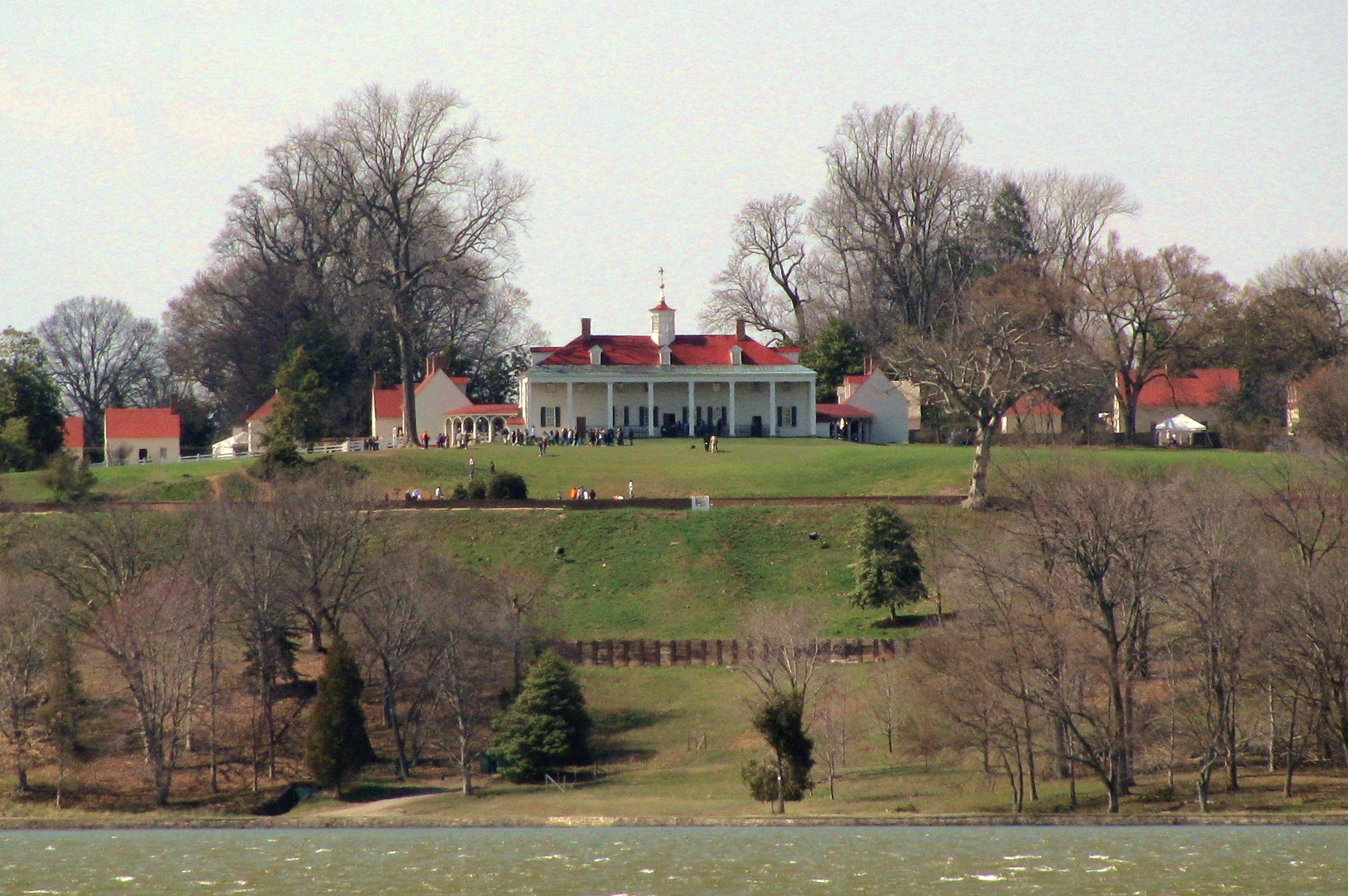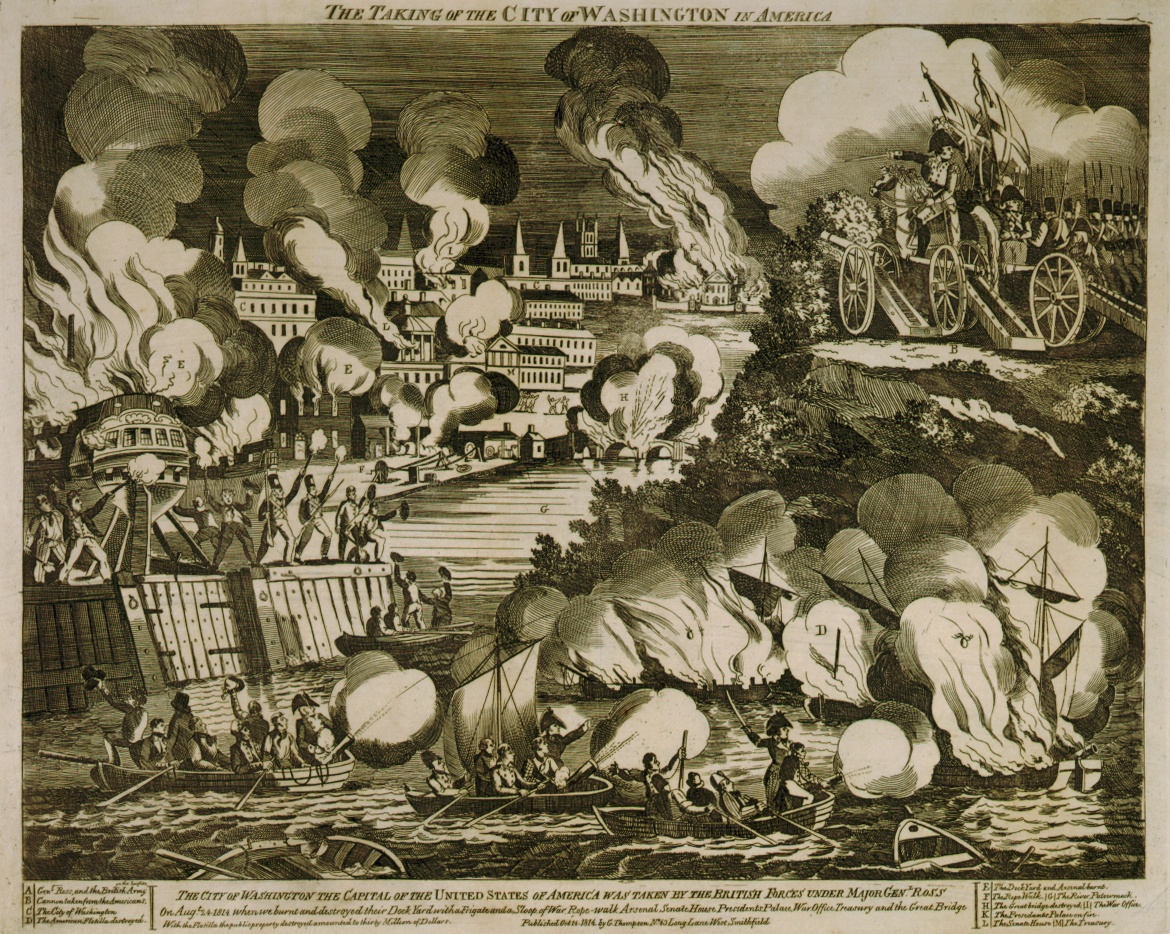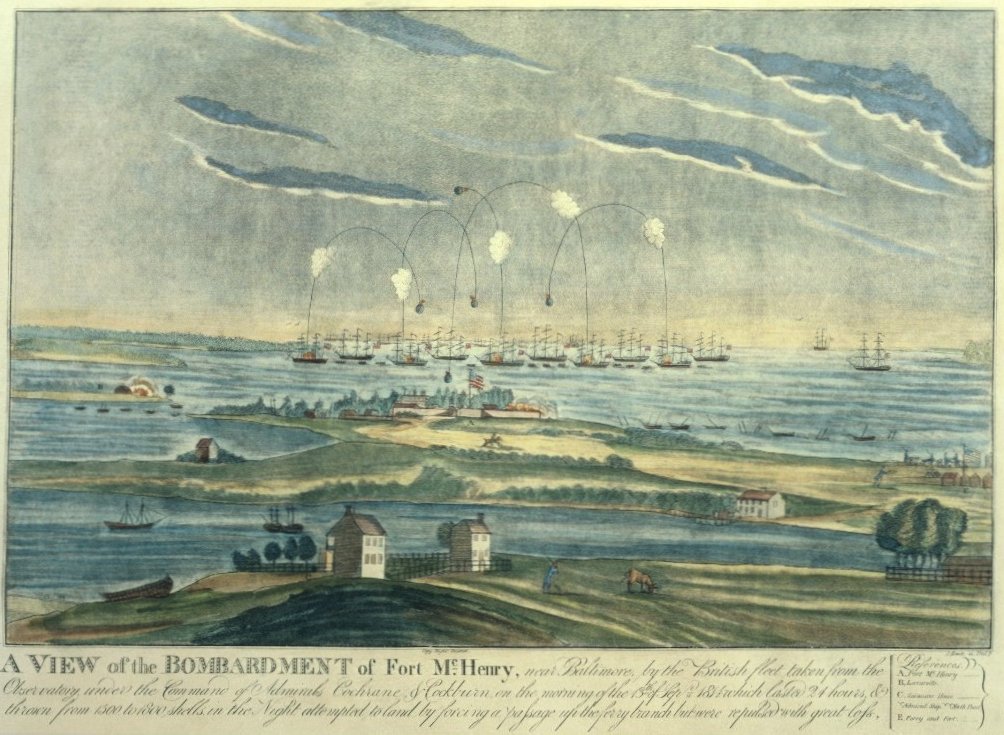Indeed, it was while working at Washington's Mount Vernon plantation that Silence began to exhibit supernatural powers. Once, while attempting to corral a recalcitrant horse for shoeing, she physically picked it up and carried it over to the farrier. Later, while attempting to hold the animal steady, it kicked her in the head. She suffered no ill effects from the strike that would have killed an ordinary man. She seemed, as one farmer put it, "As healthy as the land itself." Her connection to the earth was more than symbolic; she seemed to understand it on an unconscious level, and her advice regarding where to plant and where to build became well-regarded.
But farming and architecture were not the extent of her skills. She possessed a voracious appetite for learning, and while the rest of the household was asleep she would read until dawn. Language, mathematics, philosophy, history; all subjects fascinated her, and while such pursuits were regarded as "unladylike," the nature of her origin and pedigree of her father granted her more leeway than a normal woman would receive. Still, she took the time to study the womanly arts of dancing, music, sewing, cooking, and child-rearing.
When the Library of Congress was created in 1802, Silence moved to Washington D.C. to become a full-time librarian and curator there. Chronologically 15 by this point, she served under John J. Beckley, the first Librarian of Congress, as his official assistant and unofficial mascot of the library. During the day, she would work in the stacks, cataloging and shelving; her great height, taller than any man, helped immensely in this. By night, she would read voraciously. Her goal, she once said, was "to learn everything about everything."
Side Note: she was also the official "shusher" of the library. If a 7 foot tall woman with hands that could palm your skull told you to be quiet, you shut up, even if she did it politely and with a smile. That she was named Silence, and worked in a library, was amusing until the patrons actually saw her. No one was ever late with returning their books.
Silence continued in this idyllic existence until 1814, when the British Army burned Washington D.C., including the Capitol Building which housed the Library of Congress. This rampant destruction of art and learning incensed her; it was the first time she had ever been truly angered. In a spirit of righteous outrage, she drew upon untapped reserves of power...
.. and saved the books. (What, you thought she would go out and fight the British when there was knowledge to be rescued?) This marks the first truly divergent point of history between Silence's world and ours: her invulnerability to fire, and growing abilities of earth control, enabled her to delay the conflagration enough that the entire Library of Congress could be saved. Once she had secured the books and other valuables in a fireproof location, Silence proceeded to direct firefighting efforts (using knowledge learned at Franklin's side) and rescuing those in harm's way. She never deliberately attacked the British army, though at least one of their number took a shot at her. She responded by striding over to him, calmly snapping his musket in two, bending her over his knee, and proceeding to humiliate him via spanking while instructing "One! Does! Not! Shoot! A! Lady!" While the official reason for the British retreat 26 hours after occupation was said to be a tornado which put out fires, tossed cannons, and forced a recall to their ships, at least some of that was due to the morale loss caused by "a resplendent giantess, garbed in American colors and immune to harm, chastising our soldiers as if naughty children disciplined by a strident schoolmarm."
In the wake of this assault, Major General Andrew Jackson was the first to Silence Do-Good as a military asset. He petitioned Congress to assign her to his command as a "historian and advisor", as the Library of Congress was in the process of being rebuilt and would not require her services as librarian for quite some time. It was during her time with Jackson that she began her study of warfare: strategy, tactics, and logistics. Her actual role in the Battle of New Orleans is unknown, for Jackson kept her behind the scenes as much as possible, but it is known that her abilities to move and shape the earth were instrumental in the transformation of Rodriguez Canal into heavily fortified earthworks which the British forces were unable to penetrate.
Side note: it is a matter of historical speculation whether or not Silence Do-Good was present during the Battle of Fort McHenry, and if so, if she was (partly or completely) the inspiration for Sir Francis Key's Star-Spangled Banner. Silence herself has remained, well, silent on this point. General consensus among historians is that, if speculation is true, she believes her presence would overshadow a patriotic victory and the deaths of those involved would be forgotten.
After the cessation of the war, Silence became fascinated by diplomacy (as well as war, called "diplomacy by other means" by Carl von Clausewitz) and was soon a fixture in the White House. She rarely spoke, preferring to listen and observe, but her breadth of knowledge made her an ideal advisor when her opinion was needed. She made frequent trips to both Great Britain and France as a goodwill ambassador.
Sadly, her knowledge and perspective did not help her at all during the Civil War of 1861-1865. As the embodiment of the nation, when America went to war with itself, so did Silence. For the first time in her life, she became ill, suffering the apparent effects of both consumption and madness, and was quietly packed away to a mental hospital in Bethesda, Maryland. For the duration of the war, she sat inside her room, screaming from agonies no one else could perceive and coughing up the blood of the dead.
NEXT: Reconstruction of Nation and of Mind
The character of Silence Do-Good is copyright Erin Palette 2011. All art in these sections is either public domain, or machinima from the City of Heroes MMO. I do not claim any ownership of art.





...and saved the books. (What, you thought she would go out and fight the British when there was knowledge to be rescued?)
ReplyDelete{...}
She never deliberately attacked the British army, though at least one of their number took a shot at her. She responded by striding over to him, calmly snapping his musket in two, bending him over her knee, and proceeding to humiliate him via spanking while instructing "One! Does! Not! Shoot! A! Lady!"
I LOLed.
For the duration of the war, she sat inside her room, screaming from agonies no one else could perceive and coughing up the blood of the dead.
I didn't LOL.
GJ. Silence is an fun and interesting addition to the pantheon of Americana. I'm looking forward to Part 3 and to seeing how Silence's presence butterflies parts of the 20th century.
Thanks for the comments, Chris! I think this is the first time I've seen you here; nice to have you aboard.
ReplyDeleteYour comment about butterflying is interesting, because I am treading a fine line as I write this. On the one hand, an All-American Golem Girl (as I have come to call her) who has existed since the early days of the nation would have a profound effect on history; on the other, I don't want to change history a whole lot because, honestly, I'm not good enough at it to account for all the "if-thens" and "but-alsos".
What I have decided to do is have American history affect *her*, rather than the other way around. As the embodiment of the nation, I think this makes a fair amount of sense, and spares me a lot of headaches besides. :)